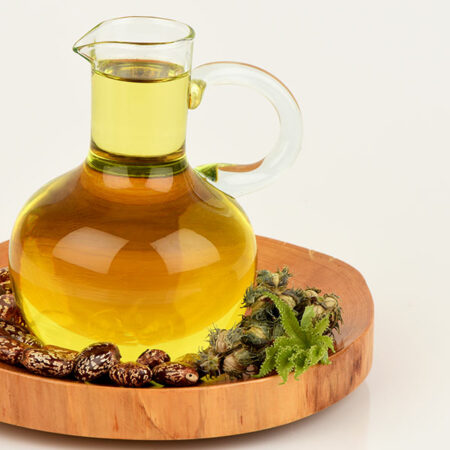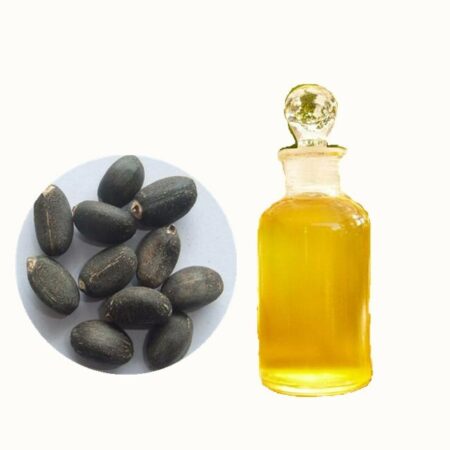Showing all 4 results
-

Castor Oil
$453.11 – $957.13Select optionsCastor oil is a vegetable oil pressed from castor beans. It is a colourless to very pale yellow liquid with a distinct taste and odor. Its boiling point is 313 °C (595 °F) and its density is 0.961 g/cm3. It includes a mixture of triglycerides in which about 90% of fatty acids are ricinoleates. Oleate and linoleates are the other significant components.
Castor oil and its derivatives are used in the manufacturing of soaps, lubricants, hydraulic and brake fluids, paints, dyes, coatings, inks, cold-resistant plastics, waxes and polishes, nylon, pharmaceuticals, and perfumes.
Enquiry For Product
-

Jatropha Oil
Read moreWhen jatropha seeds are crushed, the resulting jatropha oil can be processed to produce a high-quality biofuel or biodiesel that can be used in a standard diesel car or further processed into jet fuel, while the residue (press cake) can also be used as biomass feedstock to power electricity plants, used as fertilizer (it contains nitrogen, phosphorus and potassium). The cake can also be used as feed in digesters and gasifiers to produce biogas
Enquiry For Product
-

Neem oil
$453.11 – $957.13Select optionsNeem oil, also known as Margosa oil, is a vegetable oil pressed from the fruits and seeds of the neem (Azadirachta indica), an evergreen tree which is indigenous to the Indian subcontinent and has been introduced to many other areas in the tropics. It is the most important of the commercially available products of neem and is used for organic farming and medicines.
Enquiry For Product
-

Pongamia Oil
Select optionsPongamia oil is extracted from the seeds by expeller pressing, cold pressing, or solvent extraction. The oil is yellowish-orange to brown in color. It has a high content of triglycerides, and its disagreeable taste and odor are due to bitter flavonoid constituents including karanjin, pongamol, tannin and karanjachromene.
Millettia pinnata has a number of different varieties but little research has been published on the differences between them. This combined with variances in soil and weather can change the specific composition of Pongamia oil.
Enquiry For Product
